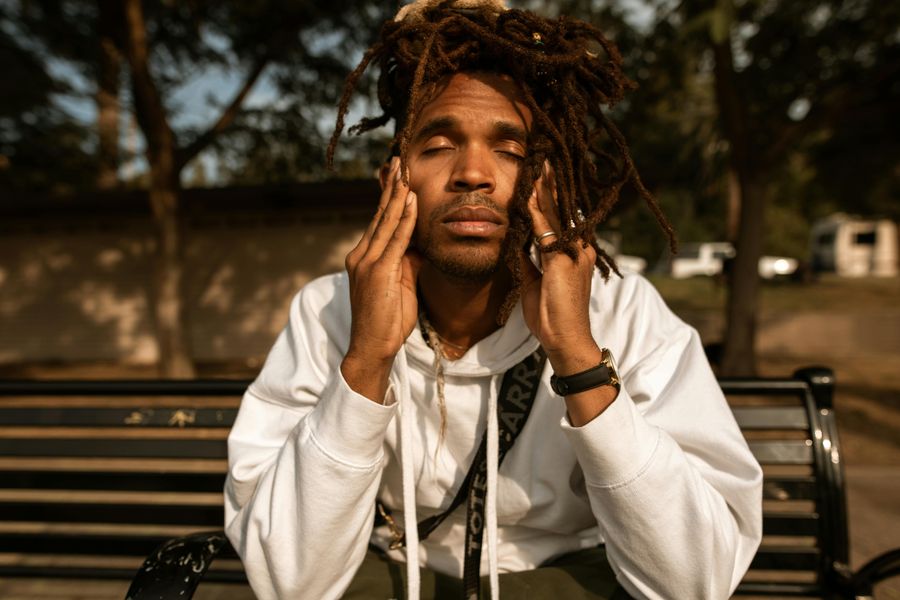Negative Effects of Traumatic Childhood
Impact on Relationships
Growing up can be a challenging and tumultuous experience for most people. The ups and downs of childhood are a normal part of life, but unfortunately, for some of us, the challenges we face can be overwhelming, causing trauma that can last well into adulthood.
Childhood trauma is not something that can be easily dismissed or forgotten. It affects every aspect of our lives, including the way we form and maintain relationships.
If you are someone who has experienced childhood trauma, you may be struggling to make sense of your relationships with others. You may feel like you are constantly seeking acceptance, but at the same time, you may fear conflict or the possibility of getting hurt again.
You may find yourself putting up walls to protect yourself or watching others every move to prevent yourself from getting hurt. If any of this sounds familiar, you are not alone.
Pain and Suffering
One of the most significant ways that childhood trauma affects our adult relationships is by causing a lot of pain and suffering. If you experienced any form of trauma as a child, it’s normal to feel victimized and wronged.
It’s also normal to want to blame others for your pain. Unfortunately, this attitude can make it hard for you to maintain healthy relationships.
Blaming others for your pain can make you come across as defensive and confrontational, which can be a turn-off to others. Instead, try to seek the support you deserve, and work through your pain in different ways.
Controlling Behavior
Another way that childhood trauma can affect how we form relationships is by manifesting as controlling behavior. Traumatic experiences can make us feel like we have very little control over our lives.
In turn, this can create a deep desire to be in control of any situation to give us a sense of order amidst the chaos. As a result, we may become control-freaks, stifling ourselves and others in social situations.
Being aware of this behavior can help you focus on more positive ways to relate to others.
Lack of Emotional Support
Emotional support is a fundamental part of any healthy relationship. However, growing up with trauma can mean that we lack emotional support or struggle to give it.
If you didn’t receive the love and attention you needed as a child, it might be difficult for you to understand how to give it to others or to even recognize it when it’s elicited. On the other hand, you may turn to problematic behavior or abusive relationships as a way of seeking the emotional support you crave.
Effects of Childhood Trauma on Adult Relationships
Need for Acceptance and Fear of Conflict
When it comes to the effects of childhood trauma in adult relationships, the need for acceptance and fear of conflict are two areas that are significantly impacted. People who struggle with trauma often develop a need for validation and acceptance, but at the same time, fear conflict.
This need for acceptance can cause you to settle for problematic people or relationships that are harmful, just to avoid conflict. If this is something that resonates with you, developing a greater sense of self-worth and confidence can help you avoid getting into unfulfilling situations or relationships.
Lack of Self-Respect
Having trauma in childhood can also lead to a significant lack of self-respect. Negative self-talk, constant criticism, and feelings of disappointment in yourself are all common symptoms of trauma.
These negative thoughts can then manifest themselves in your relationships, causing you to feel insecure and critical of yourself. Developing positive affirmations and regularly practicing self-care can help overcome these negative thoughts and increase your self-respect levels.
Negative Self-Image
Finally, childhood trauma can also lead to a negative self-image, leaving you feeling ungrateful, insecure, and vulnerable. Trauma can make it challenging to see the world through a healthy lens, causing you to feel negatively about yourself and those around you.
Seeking therapy or employing positive coping mechanisms such as practicing mindfulness, can help you overcome these negative feelings and develop a more positive outlook.
Conclusion
Dealing with the after-effects of childhood trauma can be difficult, but it’s essential to give them the attention they deserve to move on from destructive patterns of behavior. As we’ve seen, traumatic childhood can have a significant impact on our adult relationships, affecting the way we interact with others and view ourselves.
By developing a greater sense of self-respect, practicing positive affirmations, and allowing ourselves to seek the help we need, we can break free from these negative patterns and cultivate healthier relationships. Remember, you are not your trauma; you can grow and heal.
In conclusion, childhood trauma has a profound impact on our adult lives, particularly with respect to our relationships with others. Trauma can lead to negative emotional experiences, controlling behavior, and a lack of emotional support, making it difficult to form healthy relationships.
However, by understanding the implications of our trauma and seeking the support and positive coping strategies we need, we can overcome these challenges. By prioritizing self-care, self-respect, and positive affirmations, we can begin to break free from the negative patterns that trap us and find the fulfilling relationships we deserve.



